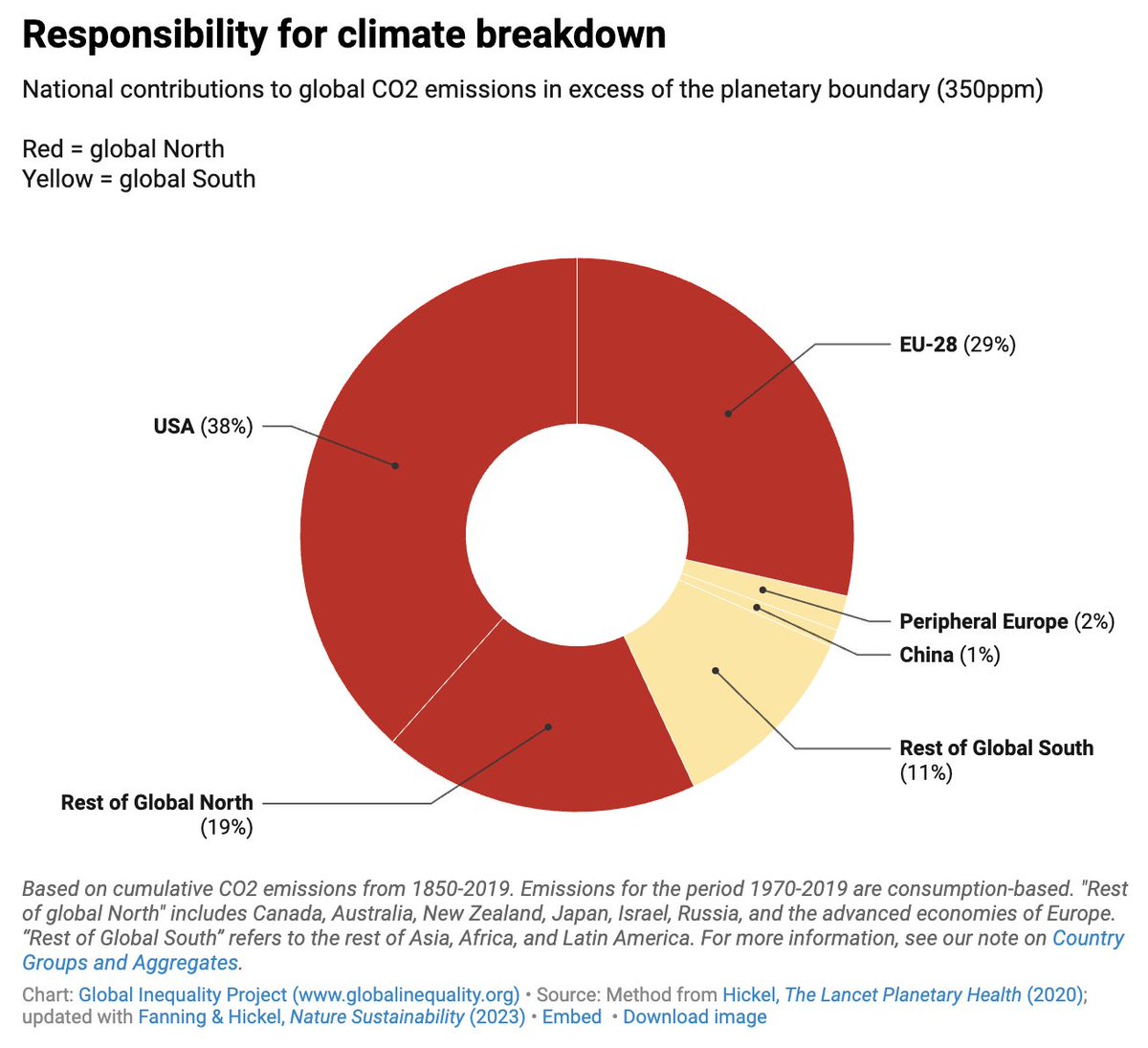As the US "Summit for Democracy" continues today, it's worth remembering how the US has actively destroyed democracies across much of the global South over the past several decades, while propping up authoritarian regimes. Here are a few prominent examples:
In 1953, the US worked with Britain to orchestrate a coup that deposed Mohammed Mosaddegh, the elected Prime Minister of Iran, and in his place propped up the authoritarian regime of Reza Shah. Remember Mosaddegh: 

In 1954, the US orchestrated a coup to depose Jacobo Árbenz, the democratically elected leader of Guatemala, and installed the military dictator Carlos Castillo Armas in his place. Remember Árbenz: 

In 1961, the US conspired with the UK and Belgiam to assassinate Patrice Lumumba, the first democratically elected leader of the Republic of Congo. They installed the Mobutu dictatorship in his place. Remember Lumumba: 

In 1964, the US orchestrated a coup against João Goulart, the democratically elected leader of Brazil, and replaced him with a right-wing military junta. Remember Goulart: 

In 1966, the US and Britain backed a coup against Kwame Nkrumah, the democratically elected president of Ghana, and installed a military junta to rule in his place. Remember Nkrumah: 

In 1973, the US orchestrated a coup that deposed Salvadore Allende, the democratically elected leader of Chile, and installed the right-wing dictatorship of Augusto Pinochet in his place. Remember Allende: 

The US supported the Batista dictatorship in Cuba; Suharto's blood-soaked regime in Indonesia; the apartheid state in South Africa; the Mujahideen in Afghanistan. They have propped up the regime in Saudi Arabia for several decades. It's a long and devastating list.
The US has destroyed many of the South's most promising democratic movements, whenever they have shown even the slightest inkling of supporting socialist or anti-imperialist policies. Because for the US, what ultimately matters is US economic interests and US hegemony. That's it.
*Belgium
• • •
Missing some Tweet in this thread? You can try to
force a refresh









